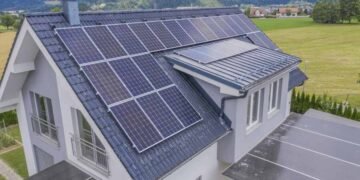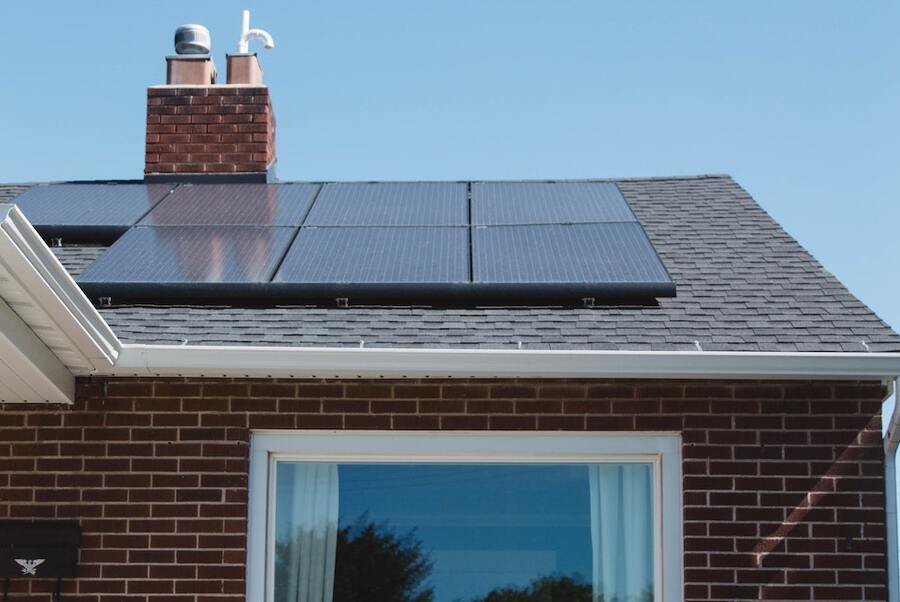In an era where energy costs are soaring, finding ways to save money on energy bills is more important than ever for households across the UK. Reducing energy consumption not only helps in saving money but also contributes to a greener, more sustainable environment. Here are seven effective strategies to reduce your energy expenses.
1. Insulate Your Home
One of the most effective ways to save energy is through proper home insulation. Insulation keeps your home warm in the winter and cool in the summer, reducing the need for excessive heating or air conditioning. Investing in good quality loft insulation, wall cavity insulation, and double-glazed windows can significantly reduce heat loss and, consequently, your energy bills.
2. Upgrade to Energy-Efficient Appliances
Replacing old, inefficient appliances with energy-efficient models can lead to substantial savings in the long run. Look for appliances with the Energy Saving Trust Recommended label or those rated A+++ on the EU energy label. These appliances consume less electricity for the same level of performance, helping you save money on your energy bills.
3. Use Smart Heating Controls
Intelligent heating controls allow you to manage your home’s temperature efficiently. Fitting a smart meter can give you more visibility, while fitting thermostatic radiator valves can give you better control over your heating system, ensuring you only use energy when and where it’s needed. This technology helps in maintaining a comfortable home environment while keeping energy consumption in check.
4. Embrace LED Lighting
Switching to LED bulbs can make a significant difference in your energy consumption. LEDs are not only more energy-efficient than traditional incandescent bulbs, but they also last much longer. This switch can lead to substantial savings on both your energy bill and the cost of replacing bulbs frequently.
5. Be Mindful of Standby Power Usage
Many appliances continue to use energy even when they are not actively in use. This ‘standby’ power usage can add up. To combat this, either unplug devices when they’re not in use or invest in smart plugs that can be controlled remotely to ensure devices are off when they don’t need to be on.
6. Utilise Solar Panels
Solar panels can be a significant investment upfront but offer long-term savings by reducing your reliance on the grid. In the UK, solar panels can be particularly effective during summer months, and excess energy can often be sold back to the grid, creating an additional income stream or offsetting costs.
7. Monitor and Adjust Energy Usage
Regularly monitoring your energy usage can help identify areas where you can make further savings. Many energy providers offer online tools and apps to track your consumption. Adjusting your habits, such as reducing shower time or lowering the thermostat by just one degree, can lead to noticeable savings over time.
A Brighter, Greener Future
In conclusion, taking steps to reduce energy consumption not only eases the strain on your wallet but also contributes to a healthier planet. By implementing these strategies, you can enjoy a more energy-efficient home, reduce your carbon footprint, and save money. The journey to energy efficiency is not just about cutting costs; it’s about embracing a lifestyle that values sustainability and resourcefulness.














